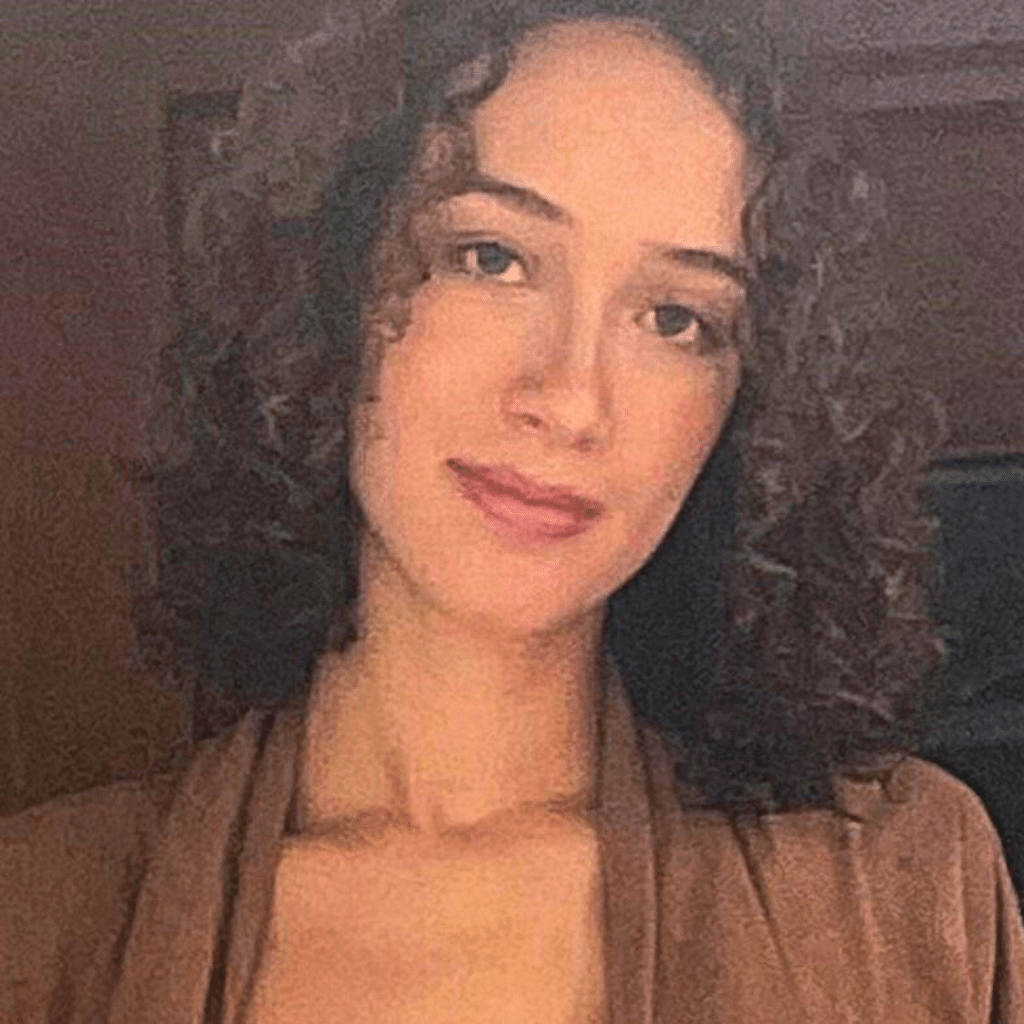by Liliana D., Los Angeles Unified School District student, Class of 2024
CONTENT WARNING: This blog and linked resources discuss sensitive or triggering information on topics including but not limited to depression. Please practice self-care. If you need immediate help related to mental health or suicide, please see the resources at https://www.myschoolmyrights.com/rights/student-mental-health-rights/.

Almost three full years after the Youth Liberty Squad with ACLU SoCal surveyed the state of mental health in California students, little has improved. Both Governor Newsom and Superintendent Thurmond received a petition about the survey’s findings, yet many schools still face the same issues today: unrealistic attendance requirements, extreme methods of discipline, and lack of access to counselors, nurses, social workers, and other resources. School board members aspire to have an inclusive, comfortable environment in districts like mine (Los Angeles Unified/LAUSD), but the reality falls short.
Many of the issues caused by the lack of funding given to mental and behavioral resources are reflected in my school, University High School Charter (“UHS”). UHS is one of the fortunate schools in LAUSD with counselors, social workers, and psychiatrists, however, their function is greatly limited. Nearly 400,000 students in California attend schools without a school counselor despite having school police.
In sophomore year, when my depression was at its worst, I was only referred to the school psychologist after I had fallen apart. Most students feel uncomfortable divulging personal information to our counselors because their rooms don’t have proper walls or doors. This limits privacy and allows others in the vicinity to hear confidential conversations. Our school nurse was on campus one day a week. If you were injured on any other day, or experiencing physical symptoms of a mental illness, you were out of luck.
Access to professionals increased in my junior year, when psychologists and Wellness center staff were brought to campus. Unfortunately, there were still insufficient resources to serve our large student body. On more than five occasions that I visited the social worker, he was busy in a meeting, or patrolling the campus to prevent student misconduct. The same scheduling conflicts frequently occurred when trying to meet with my counselor.
Conditions and policies within the school often add to the stress and anxiety students experience. Some teachers at my school take off points from participation, and/or give detention to students who use the bathroom during class time. These policies are used to prevent students from skipping class, but they are still very harmful to students who are disabled or have mental health needs. Students are expected to use the bathroom between periods, however, on the upper portion of our campus, there are only three bathrooms open per gender for over 1,000 students. By using the bathroom outside of class time, students’ risk being tardy due to the extensive lines, so many simply dehydrate themselves for the whole day. Imagine how this impacts student wellness. In addition to this, many students feel discouraged from seeking help when they’re struggling because they believe they’ll anger their teachers, or they won’t succeed in the class.
In 2022-2023, I missed 14 days in the first and second semesters because of severe illness, all the while maintaining a 4.0 unweighted GPA. Despite these absences being excused by medical professionals, I was denied from being a “service worker,” where I would have assisted counselors in delivering documents, as part of “district protocol.” Hearing that I, someone among the top students in my grade, was disqualified from performing simple duties by something completely out of my control was disheartening. Instead, a holistic approach to reviewing students’ performances should be used, and this is not the case in LAUSD.
Oppressive policies such as not allowing students to leave class, or using attendance as a metric of academic ability, make students feel as if school is not the place for them. Coupled with 30% of schools in California lacking a nurse, counselor, social worker, or psychologist, students seeking help may feel as if giving up on school is the easiest option. This is why organizations like Dignity in Schools have been organizing a National Week of Action Against School Pushout for over 12 years. This year’s theme is “Educate- Liberate- Elevate,” and the Youth Liberty Squad is asking students to complete our 2023 student mental health/wellness survey as a call-to-action. We also met with the Director of Student Mental Health in LAUSD after meeting with school board members and Superintendent Carvahlo about the issues with 11 specific policy demands for action or resolution (see below). We also hosted a “State of Student Wellness” town hall in May as part of the campaign. California students and families are taking a stand and continue fighting for change.
11 POLICY SOLUTIONS FROM THE YOUTH LIBERTY SQUAD TO LAUSD AND CALIFORNIA SCHOOL DISTRICTS
- Health classes will be required to cover mental health and wellness (SB 224)
- Peer counseling/Peer-to-Peer programs to support students’ social-emotional wellbeing and academic success. Support for an LAUSD pilot program
- Support substance abuse & behavioral health programs. Fentanyl prevention and intervention (Melanie’s Law)
- Counselors should have less supervisory/administrative tasks and more time to counsel students
- Clarification and implementation of Student Mental Health Absences Days. Students are unaware of this AND administrators are denying it.
- Clarification that schools and students can and should call/text 988 OR LAUSD hotline for suicide/mental health emergencies instead of 911
- Clarify that school police should NOT be first to respond to student mental health or suicide (LASAR)
- Language and support for reducing mental health stigma on campuses
- Support for Pupil Personnel Staff (counselors, PSW) staff and community partnerships
- Support and expand BSAP staff to support Black students
- Establish a student advisory committee for mental health and wellness